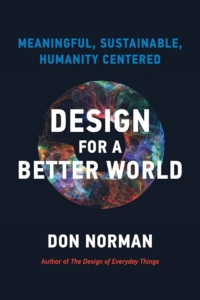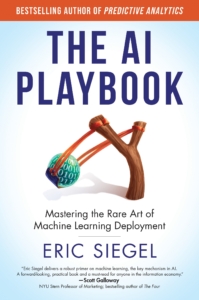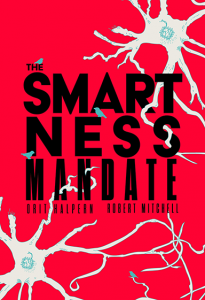“Design for a Better World: Meaningful, Sustainable, Humanity Centered” with Professor Don Norman
Has human behaviour pushed our world to the edge, especially the mistaken belief that the earth’s resources are infinite? And can a shift in human behaviour rescue us? The challenges we face, from collapsing social structures to the climate crisis, have been centuries in the making. It is immensely critical that we take immediate and decisive actions; we must transform ourselves to improve our circumstances. In his new book “Design for a Better World: Meaningful, Sustainable, Humanity Centered” Don Norman offers an insightful analysis of our missteps and provides a clear remedy for making things better. The book suggests that the pivotal factor for change lies in human behaviour. The book explores this through three main themes: meaning, sustainability, and humanity-centeredness. In this episode of Bridging the Gaps, I speak with professor Don Norman. We dig deep on these three themes and explore the ideas that a meaningful quality of life, rather than mere monetary gain, restructuring our lifestyles to enhance environmental protection, and adopting an inclusive approach that encompasses all of humanity, can empower us to address the challenges confronting us.
Don Norman is Distinguished Professor Emeritus of Cognitive Science and Psychology and founding director of the Design Lab at the University of California, San Diego. Business Week has named Norman one of the world’s most influential designers. He was an Apple Vice President, has been an advisor and board member for numerous companies, and has three honorary degrees. His numerous books have been translated into over 20 languages including “The Design of Everyday Things” and “Living with Complexity”.
We start off by examining the pervasive artificiality surrounding us. Misplaced and disjointed elements, such as non-native plants, high density concrete structures and other artefacts, contribute to environments saturated with artificial constructs. Furthermore, we delve into how our metrics of success are also influenced by this artificiality. We measure our success by using metrics that don’t encompass what really matters. This artificiality has consequently led to an unsustainable sociotechnical system. We touch upon the ramifications of distorted capitalism before delving deeply into the central themes of the book: meaning, sustainability, and humanity-centeredness. Exploring the human quest for significance, we discuss why a sense of meaning is essential for every aspect of our existence. Addressing sustainability, we discuss how to rectify the harm inflicted upon the ecosystem. Finally, we discuss a humanity-centered approach to crafting artefacts and lifestyles that offers a pathway to rectify our current predicament. This discussion has been both enlightening and invigorating.
Complement this discussion with “Philosophy of Technology” with Professor Peter-Paul Verbeek.
And then listen to “The Good-Enough Life” with Dr Avram Alpert.




Connect With Us